
Computer architecture is a critical area of computing: it underpins today’s technologies and drives the next generation of computing systems. We’re proud of our research and innovation in this area and recently, the National Semiconductor Strategy underlined how vital such work is, showing that the UK is currently a leader in computer architecture.
But we need to invest in developing the research leaders of tomorrow in order to maintain this position. That's why we're setting up a new Computer Architecture Research Centre here.
As the first computer science department in the country (established over 80 years ago) our research helped lay the foundations of modern computing, building the first programmable computer to come into service and leading the early development of programming languages and operating systems. Today, we continue to innovate and advance the field in areas from AI to quantum computing to computer architecture.
Our new Research Centre will draw on the breadth of supervisor experience from across the Department, allowing students freedom to explore the areas they're most passionate about, while addressing industry-relevant research.
Prof Timothy Jones
A track record of innovation in computer architecture
Our collaboration with world-leading local microprocessor company Arm on the pioneering CHERI (Capability Hardware Enhanced RISC Instructions) cybersecurity technology currently leads the UK Government’s £200+ million Digital Security by Design programme.
And among the 330 companies set up by our staff and alumni are open-source hardware company lowRISC, along with dividiti, Ellexus, Embecosm, Tenison Technology EDA and KRAI. All of these are directly related to the Department’s Computer Architecture group.
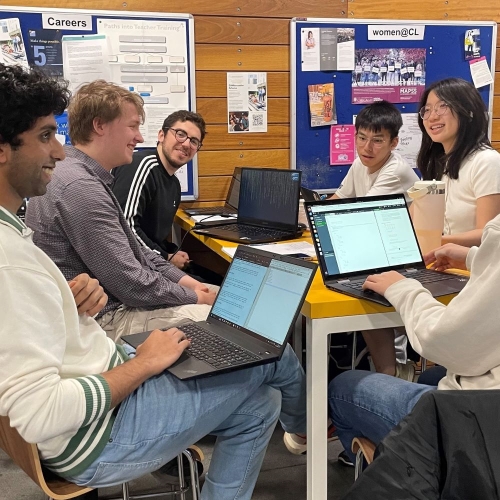 At Cambridge, we attract the brightest students from across the world and we’re embedded within the Cambridge Cluster of over 5000 knowledge-intensive companies. This combination of academic expertise and industrial links means we’re very well equipped to train the next generation of engineers and seed the entrepreneurs of the future.
At Cambridge, we attract the brightest students from across the world and we’re embedded within the Cambridge Cluster of over 5000 knowledge-intensive companies. This combination of academic expertise and industrial links means we’re very well equipped to train the next generation of engineers and seed the entrepreneurs of the future.
Our plan is to create a dedicated Computer Architecture Research Centre here in the Department for 20 PhD students.
Centre Director
The Director of the Centre will be Timothy Jones, Professor of Computer Architecture and Compilation. His research spans computer architecture, compilers and binary modification tools, often working across different system layers. His particular focus is on extracting parallelism to improve performance, reliability and security.
His work has been funded through grants from research councils and industry amounting to over £9 million for him as Principal Investigator and he has published over 70 peer-reviewed papers in the top conferences and journals in the field.
He says, "Alongside traditional computer architecture and microarchitecture of general-purpose cores and accelerators, we have expertise in compilers and toolchains, hardware security, applied semantics, machine-learning systems, networking and quantum computing.
"The Computer Architecture Research Centre will draw on this breadth of supervisor experience from across the Department, allowing students freedom to explore the areas they are most passionate about, while addressing industry-relevant research."
We hope the Centre will also become a destination for collaboration between companies, generating pre-competitive open-source artefacts and driving development of novel computer architectures.
Launching the new Computer Architecture Research Centre
We will be launching the new Centre at an event here on Tuesday 18 June. More details will be published nearer the time. If you have any questions, please contact our Research Strategy Manager, Helen Francis: research-strategy-manager@cst.cam.ac.uk
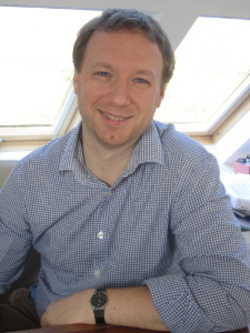
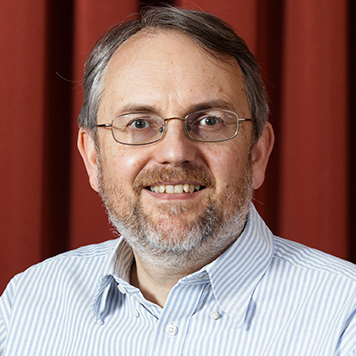
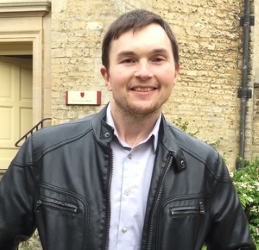
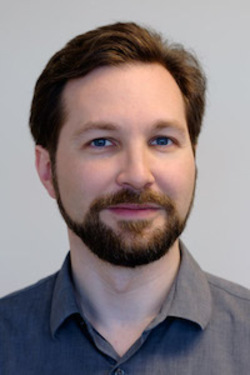


 At Cambridge, we attract the brightest students from across the world and we’re embedded within the Cambridge Cluster of over 5000 knowledge-intensive companies. This combination of academic expertise and industrial links means we’re very well equipped to train the next generation of engineers and seed the entrepreneurs of the future.
At Cambridge, we attract the brightest students from across the world and we’re embedded within the Cambridge Cluster of over 5000 knowledge-intensive companies. This combination of academic expertise and industrial links means we’re very well equipped to train the next generation of engineers and seed the entrepreneurs of the future.